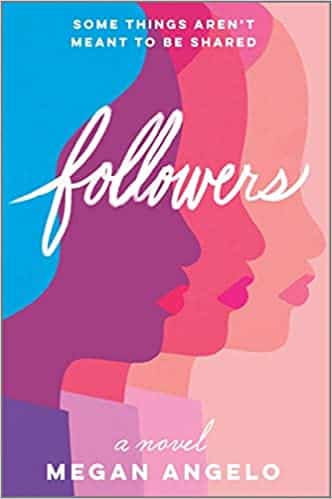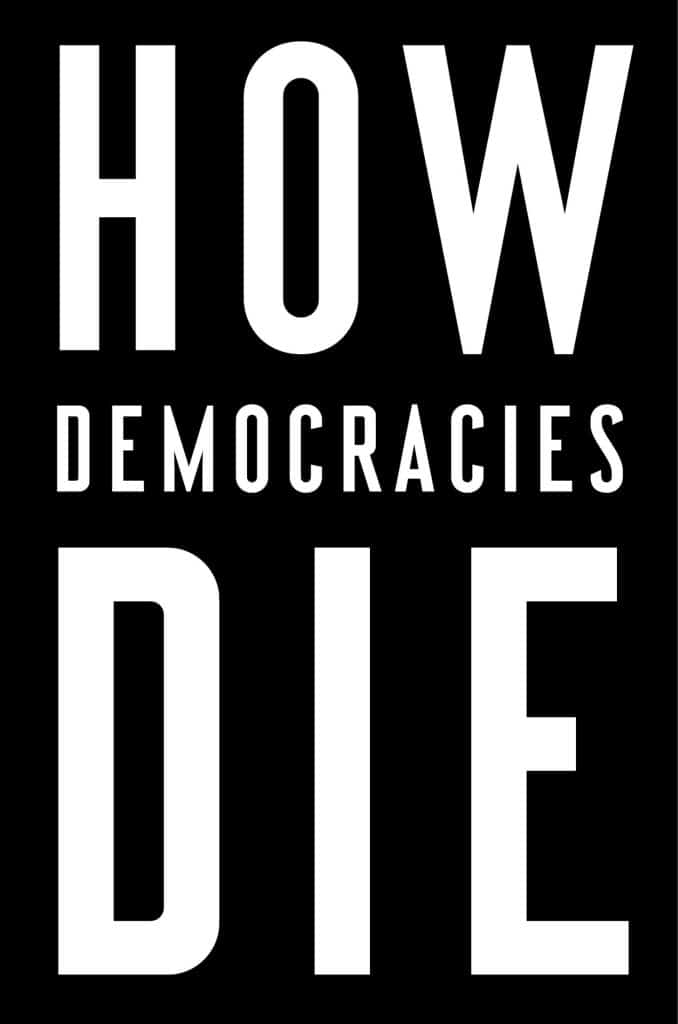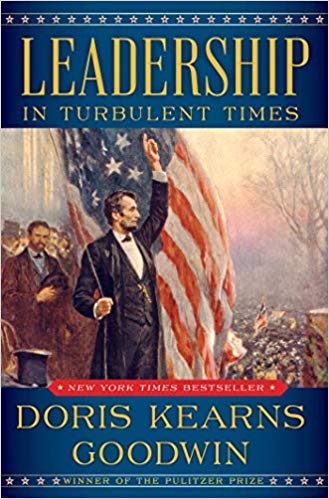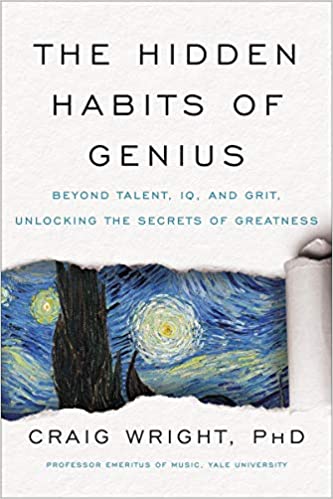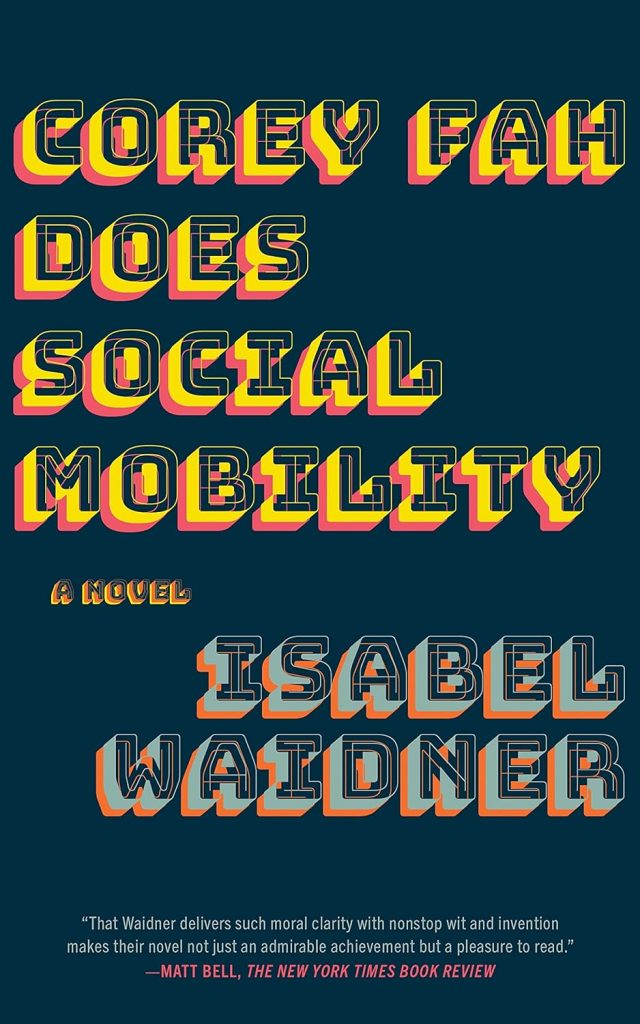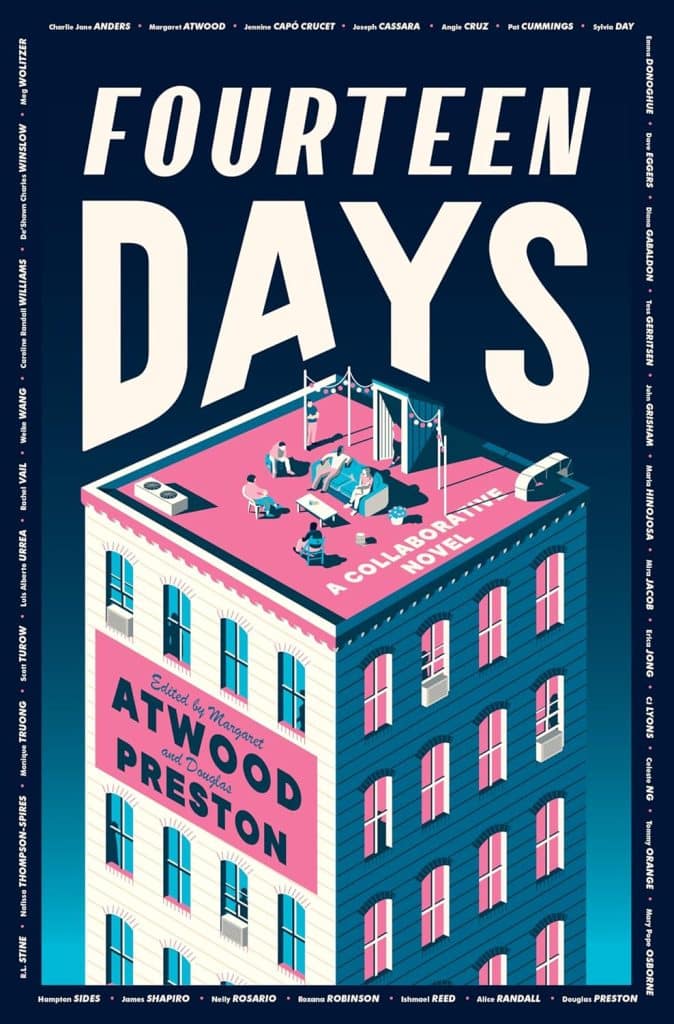Being the Change I Need
Estimated reading time: 7 minutes, 16 seconds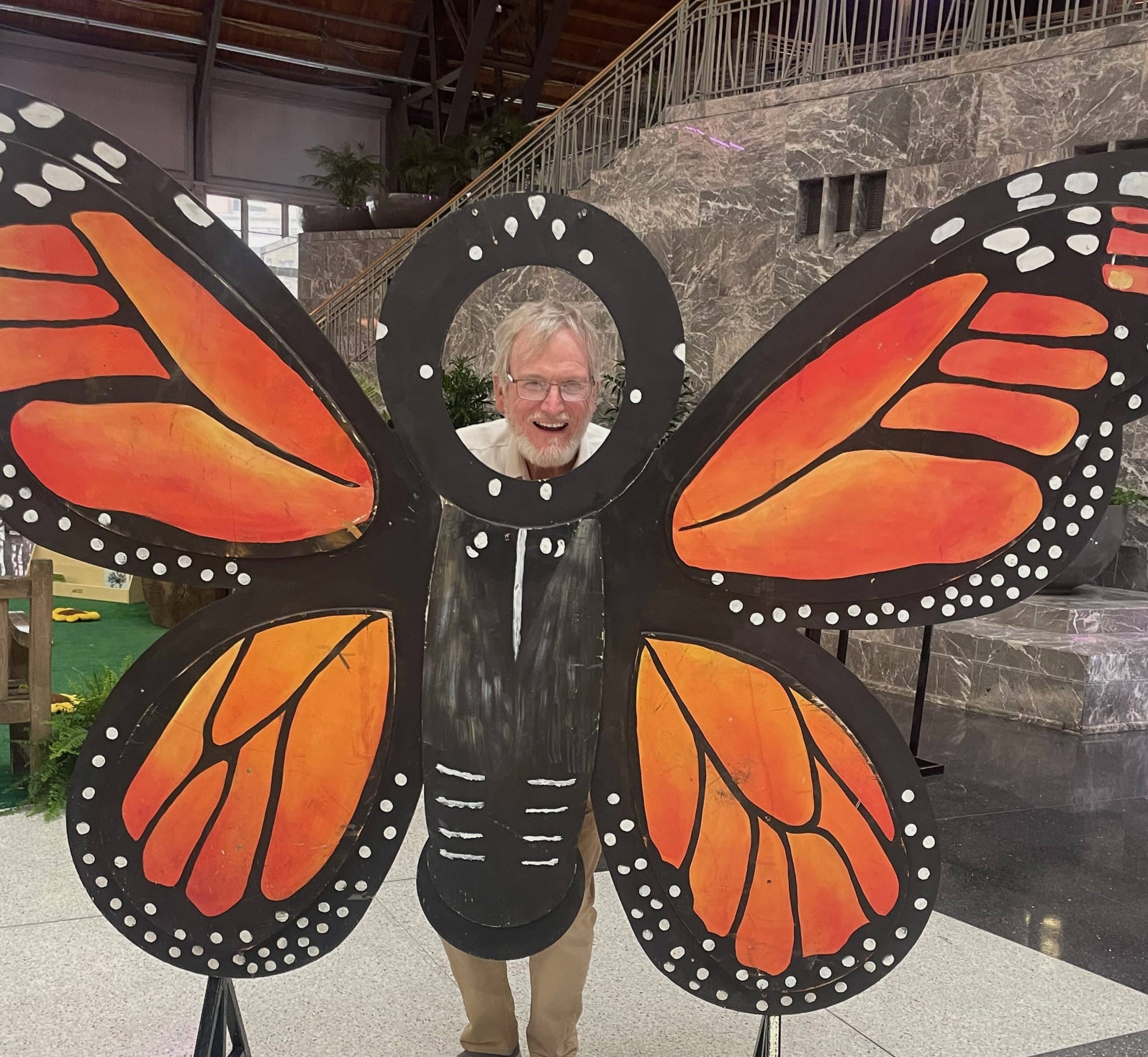
One Day At a Time,
I Am Becoming the
Best Version of Myself
During a dinner in Philadelphia, the night before the Flower Show, my good friend Hugo noticed a significant change in me. He remarked that over the past three years, since the loss of my wife, Jan, I had changed. Intrigued, I asked him to elaborate. Hugo explained that during the first year after Jan’s death, I would break down in tears at any mention of her. But he had noticed my improvement since then, as I appeared more relaxed and content. I agreed, acknowledging the progress I had made. Then, with the wisdom of an old man, I said, “We often seek positive change in times of loss. To make it happen, we must be willing to become the change we desire.”
During my conversation with Hugo, I shared how people often told me and other widows that our lives would become a “new normal” after losing our loved ones. However, life is a constant stream of ups and downs, with or without such a significant loss. Najwa Zebian‘s thoughts on change are very insightful in this regard, as change is an inevitable part of life, and we are constantly evolving and adapting to new situations.
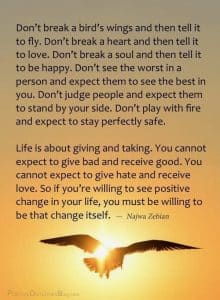
Sitting at the restaurant table, I ask Hugo, “Should we split a dessert?” The waiter returns and, regretfully, informs us that the two options we were considering are no longer available. We settle on an alternate selection and continue our conversation.
After taking a sip of water, I cleared my throat and shared a personal insight. I explained that throughout my Life, I have always been someone who wears their heart on their sleeve. Stoicism is not a trait that defines me. If I were to hide my emotions, I would not be the same person I am today.
Being honest about my feelings is crucial to who I am and aspire to become. It allows me to connect with others more deeply, empathize with their experiences, and create meaningful relationships.
As Hugo and I waited eagerly for our dessert, the waiter returned with an apologetic smile. He regretfully informed us they had run out of dessert for the night. We couldn’t help but laugh at the absurdity of the situation. “Do they have bananas?” Despite our disappointment, we knew there was no point in getting upset over something as trivial as dessert. At that moment, I was reminded of a powerful quote by Najwa Zebian:
“Life is about giving and taking. You cannot expect to give bad and receive good. You cannot expect to give hate and receive love. So, if you’re willing to see positive change in your life, you must be willing to be that change itself.”
Najwa Zebian
Have I Changed?
The morning of the Flower Show was chilly and crisp, but it didn’t deter me from waking up at 5:30 am with a sense of purpose. For the past 1042 days, I have walked every morning, no matter the weather, ever since my wife passed away. During my walk, I took the time to let my thoughts wander and reflect on the changes I have been through over the last few years. Without the distraction of music or podcasts, I could focus on my innermost thoughts and realize that I have changed and will continue to change.
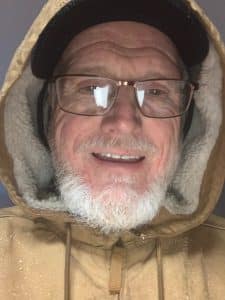
As I approached the Liberty Bell, I suddenly realized that my friend Hugo’s observation was correct—my tears had become less frequent. Nowadays, when tears well up in my eyes, they are usually brought on by positive memories or unrelated matters.
I have documented my thoughts as an initial step to determine if I have genuinely transformed or am pretending to be myself. These thoughts are raw and unpolished, without any editing.
Throughout the past three years, I have developed daily walking, reading, and writing habits, which have kept me engaged and focused even when I felt like staying in bed all day. These habits have played a crucial role in helping me to overcome my grief and stay on course.
Before my wife passed away, she expressed concern that I would be alone for the rest of my life. Her words made me realize that I needed to expand my social circle and try to meet new people. Today, three years later, I have more friends than I did before, and I have become closer to people I knew before my wife’s death. They have been a great support system for me in my time of need.
I have also positively impacted my community through hard work, dedication, and financial contributions. One of my proudest achievements has been the creation of Jan’s Memorial Garden in Hanson Park. It’s a beautiful space that provides comfort and solace to visitors. As the Board Chair for Bridges, I am committed to supporting their mission to end homelessness. After leaving my job five months before my wife’s lymphoma diagnosis, I thought my days of actively working on causes I care about were over. However, I remained patient and open to new opportunities, eventually leading me to work with Hanson Park, Bridges, and other groups.
Attending Friday night services at Temple Sha’arey Shalom has been a surprising but rewarding experience. These services have done wonders for my faith and have provided me with a sense of renewal and peace. The spiritual leaders of the temple have challenged me to think in new ways, which has helped me to release the painful memories that once haunted me and embrace the tranquility of Shabbat.
Standing alongside others in mourning and sharing the names of those who need healing has been a humbling and rewarding experience. But what’s been particularly valuable to me is the Oneg, where I can connect with others, learn from them, and support them. All in all, attending these services has been an incredibly enriching and fulfilling experience for me.
After almost 48 years, I recently lost my wife, Jan Lilien. Like The Little Prince, Jan and I believed that “The most beautiful things in the world cannot be seen or touched, they are felt with the heart.” This blog is a collection of my random thoughts on love, grief, life, and all things considered.


